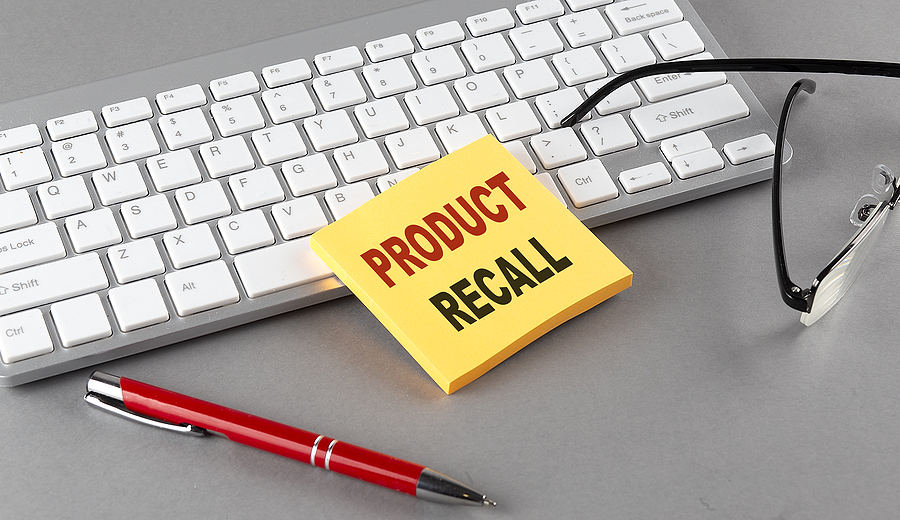Understanding the correlation between market share ratios and manufacturer liabilities is essential in today’s competitive business environment. For manufacturers, the liability associated with defective goods is directly proportional to the market share they command. This post aims to delve into the intricate dynamics of this relationship, exploring how market share ratios can impact a company’s financial and legal responsibilities concerning product liability.
With a focus on manufacturer defects and the risks they pose, we will navigate through the complexities that manufacturers need to consider in their journey toward commercial success. Stay with us as we unveil the interplay between market share ratios and manufacturer liabilities.

Manufacturer Liability
Manufacturers are liable for any defects in their goods that lead to injury or damage. However, the extent of this liability is dependent on how much of the market share they occupy. The larger a company’s market share, the greater its legal responsibility is about product liability cases. This means that manufacturers must exercise care when determining appropriate levels of production and distribution to avoid any potential liabilities.
In the event that a manufacturer is found liable for defective goods, they could face significant financial repercussions. These can range from expensive repairs and replacements to costly legal action, victim settlements, and fines. As such, manufacturers must ensure they have taken all necessary precautions to limit their liability in the event of defective goods.
Market Share Ratios
To effectively manage their liabilities, manufacturers must be aware of the market share ratios they command. Market share is a measure of how much total sales volume a company holds in comparison to its competitors. The higher a company’s market share, the more responsibility it has towards defective product cases. For instance, if a manufacturer produces and distributes a product with a 10% share of the market, then they are only liable for 10% of any defective goods-related damages. On the other hand, if that same company holds 20% or more of the market, their responsibilities may be much greater.
What to Do if You Were Injured By a Defect Product
If you or a loved one was injured by a defective product, it is important to take action. Depending on the situation, that may involve filing a personal injury lawsuit against the manufacturer. In some cases, it may be necessary to contact an experienced product liability attorney who can help guide you through the legal process. Before making any decisions, it is best to familiarize yourself with the market share ratios held by the product’s manufacturer. If they hold a large percentage of the market, then you may have grounds to pursue a more extensive claim against them.
Biggest Product Recalls in Recent Years
In 2019, one of the most notable product recalls involved a large-scale recall of Ford Fusions and Lincoln MKZs due to faulty door latches. The recall resulted in over 1 million vehicles being removed from the market, signifying how important it is for manufacturers to be aware of their market share ratios and potential liabilities. Other major product recalls include Samsung’s Galaxy Note 7 in 2016, General Motors’ ignition switch recall in 2014, and Johnson & Johnson’s Motrin Recall in 2009.
Children’s toys like hoverboards, water balloon slingshots, high-powered water guns, guns with projectile ammunition, backyard swimming pools (above-ground and in-ground), bounce houses, and lawn darts have also been recalled in recent years. These products were dangerous because of faulty design, manufacturing errors, and other issues. See our blog, “These Children’s Toys Made the Most Dangerous List for 2021” for an additional list of some toys to steer clear of.
Conclusion
Manufacturers must pay close attention to their own market share ratios when assessing potential liabilities from product defects. By understanding how their market share ratios can impact their legal responsibilities, companies can ensure they are taking appropriate action to limit potential losses from defective goods.
Would you like to learn how you can bring about a successful claim against a negligent manufacturer or company? Contact the Law Office of Craven, Hoover, and Blazek P.C. at 317-881-2700 to schedule a no-risk, no-fee consultation with an experienced product liability lawyer in Indianapolis, Indiana. We represent clients all throughout the state, so there is no need to travel if you are unable to. We can hold case evaluations via phone or video.
Related Posts:
Who is Liable for Construction Defects That Cause Personal Injury Accidents?
Injured from a Defective Surgically-Implanted Medical Device?
What You Need to Know About Product Recalls and Injury Claims
